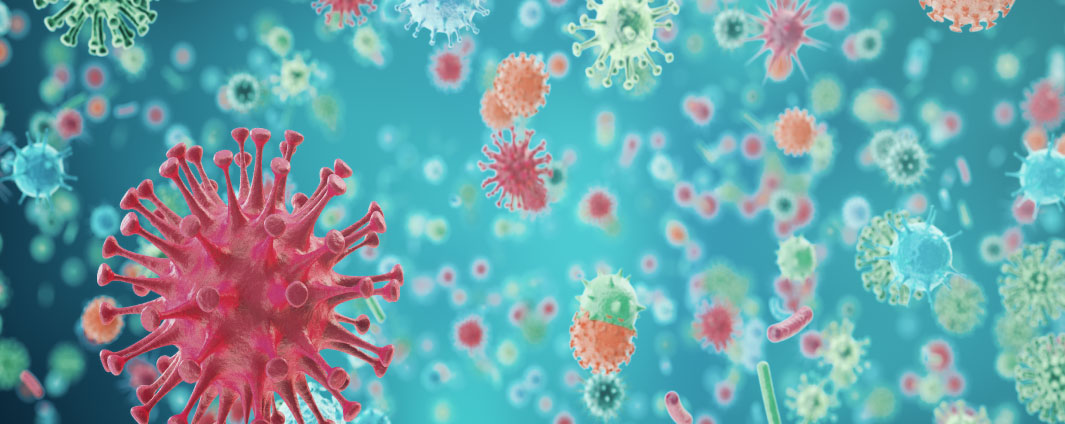Download fact sheet (PDF)
Mumps is an infection that is caused by the mumps virus. It is most common in young children, but teenagers and adults can also get mumps.
Symptoms of mumps may include fever as well as painful swelling of one or both of the salivary glands, usually the parotid gland. The parotid gland is under the ears.
Mumps can be spread when a person comes in contact with someone who has mumps. It is spread through droplets from the nose, mouth or throat through coughing, sneezing, sharing drinks and kissing.
People can spread mumps from 7 days before, to 5 days after, the start of parotid gland swelling (parotitis). Anyone tested for mumps or confirmed to have mumps should not attend work, school, or childcare for 5 days after the start of parotitis.
Complications of a mumps infection are rare, but can be dangerous. Mumps can cause meningitis, an infection of the fluid and lining covering the brain and spinal cord, swelling of one or both testicles, swelling of the ovaries, and swelling of the pancreas.
There is no specific treatment for mumps.
The best way to protect yourself against mumps is to receive the mumps vaccine. There are two vaccines that protect against mumps, MMR and MMRV. MMR vaccine protects against measles, mumps and rubella, and MMRV protects against measles, mumps, rubella, and pertussis. The MMR and MMRV vaccines are very safe. The MMR vaccine is given to children at 12 months of age and the MMRV vaccine is given to children at 4 to 6 years of age.
After being infected with mumps, immunity is generally lifelong. Immunization with 2 doses of a mumps vaccine provides almost 100% protection against mumps. Adults born prior to 1970 are assumed to have acquired natural immunity to mumps. Adults born in or after 1970 who do not have immunity to mumps should receive 2 doses of a mumps vaccine. If you are unsure of your immunization status, contact your health care provider.
Avoid kissing and sharing of anything by mouth, including food, drinks and straws, for 25 days following your exposure to mumps. It can take up to 25 days to develop symptoms after an exposure.
If you develop symptoms of mumps, you should be assessed by a health care provider. You should notify the health care facility that you plan to visit prior to your arrival so that staff are aware of your symptoms. In the meantime, stay at home to avoid spreading mumps to other people ("home isolation"). Mumps is diagnosed by a blood test, a urine sample and a buccal swab.
For further information, visit OttawaPublicHealth.ca, or visit the websites listed below:
